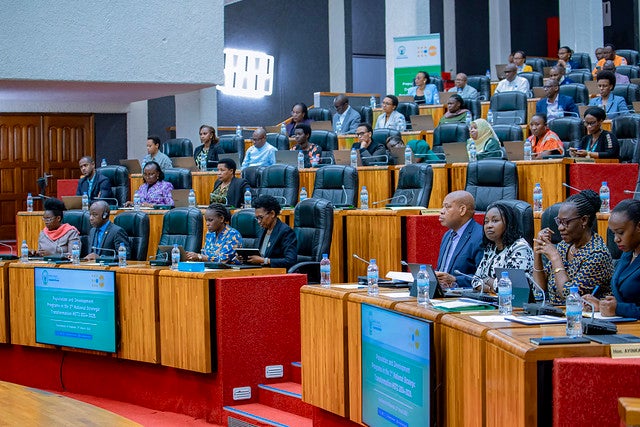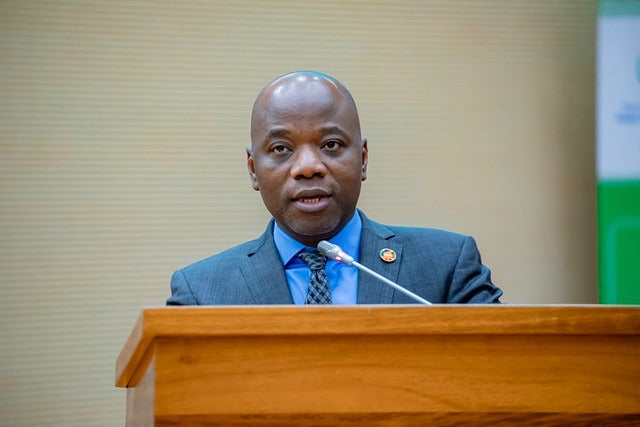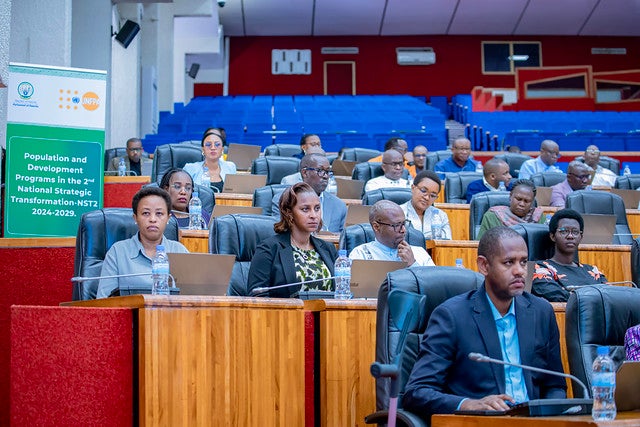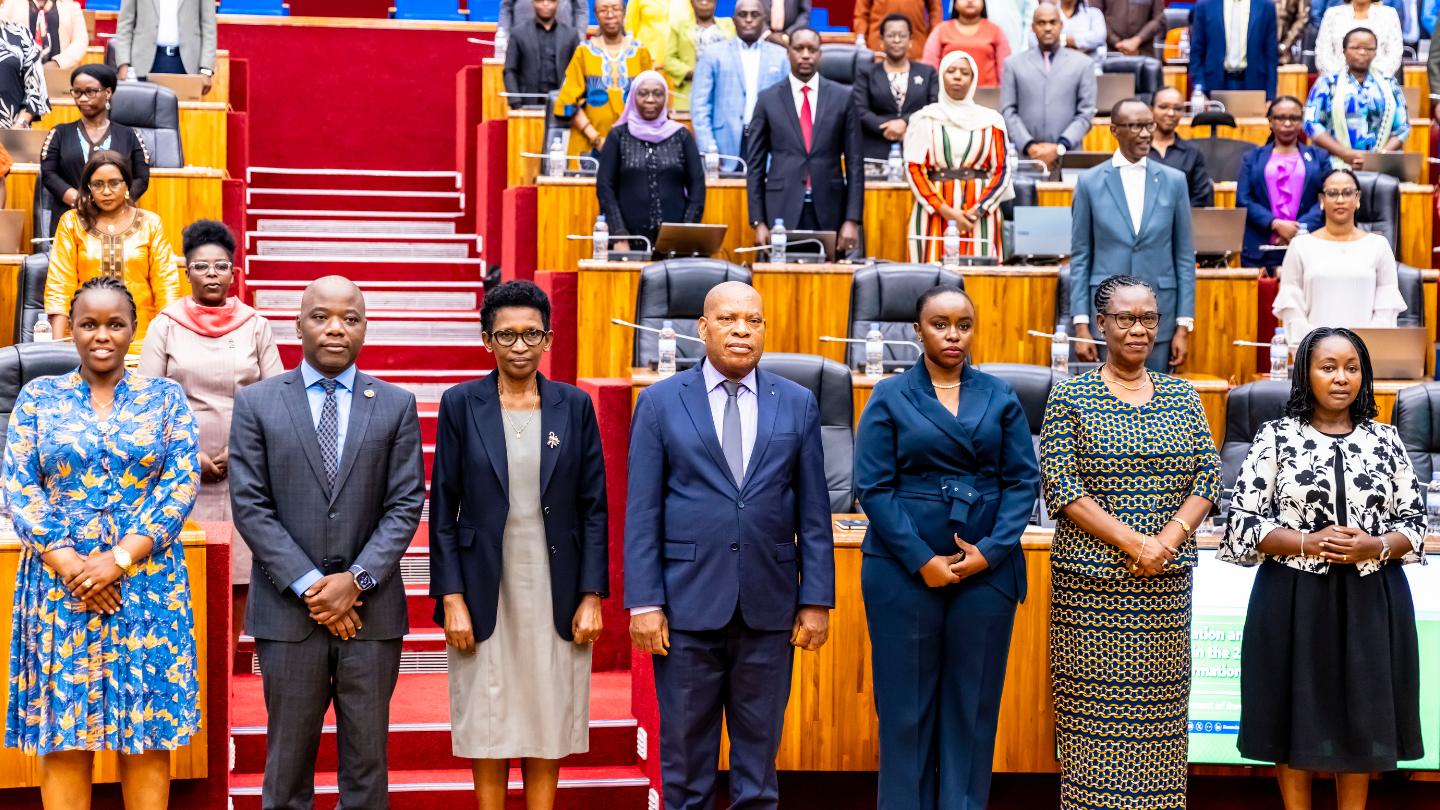Since its inception in 2003, the Rwandan Parliamentarians’ Network on Population and Development (RPRPD) has served as a catalyst for policy development, a think tank for social transformation, and a mobilizer for advocacy. With support from UNFPA, the network continues to champion legislation and oversight efforts that prioritize sexual and reproductive health (SRH), family planning, maternal health, and youth empowerment as national development priorities.

On March 20–21, 2025, Members of Parliament convened for a two-day capacity-building workshop organized by RPRPD in collaboration with UNFPA. The training aimed to strengthen MPs' understanding of social welfare and development policies in alignment with Rwanda’s Vision 2050, the National Strategy for Transformation (NST2), and global development commitments such as the ICPD Programme of Action, the Sustainable Development Goals (SDGs), and Agenda 2063.

In his remarks during the workshop, Dr. Olugbemiga Adelakin, UNFPA Rwanda Country Representative, emphasized the importance of integrating the ICPD Programme of Action into Rwanda’s broader development agenda. He highlighted the longstanding partnership between UNFPA and the Parliament of Rwanda particularly RPRPD which has been pivotal in shaping legislation, informing policies, and strengthening oversight mechanisms to enhance the well-being of all Rwandans, with a specific focus on sexual and reproductive health.
However, he noted that while collective efforts have led to significant progress in maternal health, family planning, and adolescent and youth SRHR, persistent challenges remain.
"These include the unmet need for family planning, stagnation in maternal mortality reduction, increased adolescent pregnancy, and systemic barriers that hinder women, adolescents, and youth from fully exercising their health and well-being rights," he said.
"This is where your advocacy and oversight roles become even more critical," he told the parliamentarians.

Under NST2, Rwanda seeks to reduce the maternal mortality ratio from 105 per 100,000 live births in 2023 to 60 per 100,000 live births by 2029 and reduce the under-five mortality rate from 39.4 per 1,000 live births in 2023 to 30 per 1,000 live births by 2029.
Other targets include lowering the prevalence of stunting among under-five-year-old children from 33 percent in 2024 to below 15 percent in 2029, and quadrupling the skilled health workforce.
Additionally, the country targets to create 1.25 million jobs over the five years of NST2 implementation, implying 250,000 annually.
To fulfill its mandate, RPRPD members prioritize activities related to family planning, youth reproductive health, HIV/AIDS prevention, and maternal and child health initiatives. These efforts collectively aim to enhance social welfare as a cornerstone for sustainable development.


